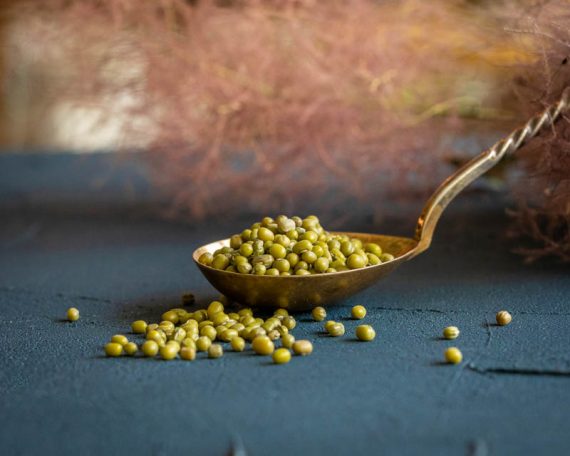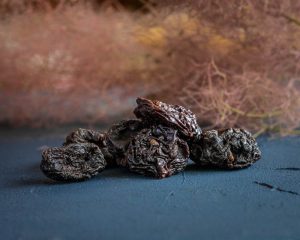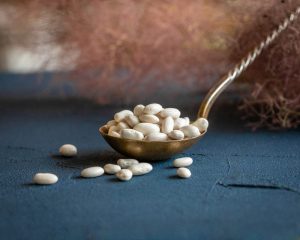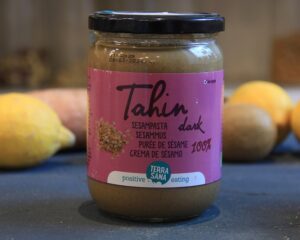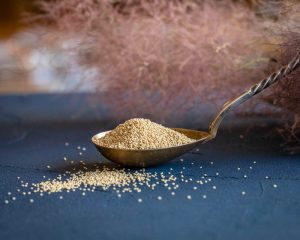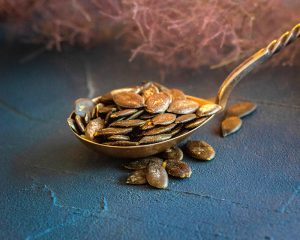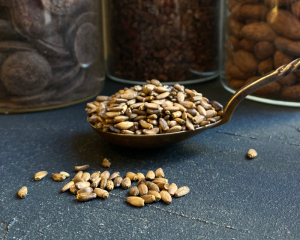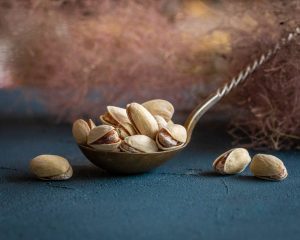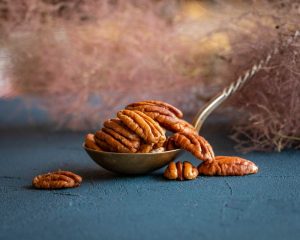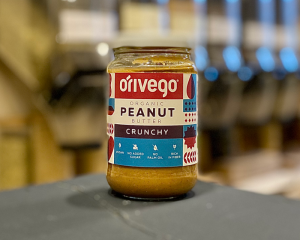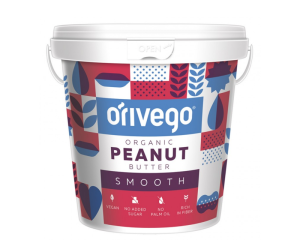Organic mung beans
From 1.00€
Organic mung beans are a versatile legume that has been cultivated for thousands of years. Mung beans have a rich history dating back more than 4000 years. Believed to have originated in the Indian subcontinent, they quickly spread to other parts of Asia and were introduced to Europe and the Americas via trade routes. Mung plants were valued for their nutritional value.
Mung beans are of great cultural and culinary importance in many Asian countries. The mung bean is the most nutritious of all legumes. Mung beans are a common ingredient in Chinese cuisine. In South Korea, mung beans are used to make the sweet dessert “patbingsu”, while in the Philippines they are the main ingredient of the popular dessert “mung bean soup” or “ginataang mongo”.
Benefits
High in protein – they are an excellent source of plant-based protein, making them an ideal choice for vegetarians and vegans.
Fibre content – they are high in fibre, which helps digestion and satiety.
Low in saturated fat, which is good for heart health.
Antioxidants – they are rich in antioxidants, including vitamins C and E, which help fight free radicals in the body.
Minerals – a rich source of minerals such as iron, potassium and magnesium.
Weight management – low in calories and high in fibre and protein, mung beans can help regulate weight and keep you feeling full.
Regulates blood sugar – Mung beans have a low glycaemic index and can help regulate blood sugar levels.
Nutrient absorption – mung beans contain nutrients that help absorb other important minerals.
Attention
Mung beans contain oligosaccharides, which can cause gas and bloating in some people.
Use
The beans can be sprouted and are a popular addition to salads, giving them a crunchy texture and refreshing flavour.
Mung beans are used in soups, stews and curries, smoothies and gluten-free bread recipes.
Mung paste is commonly used as a sweet filling for cakes, pies and mochi.
Wash and soak for about 4 hours before cooking.
Boil for about 40 minutes or until soft, 1:3 with water
Sources:
https://www.medicalnewstoday.com
https://www.organicfacts.net
NOTES. The information provided here should not be interpreted as advice on treatment or other health issues. We encourage you to make personal health decisions based on your personal knowledge and consideration of different sources of information.
100% organic mung beans
Energy value 1368 kJ/ 324kcal
Fat 1,2 g
- of which saturates 0,3 g
Carbohydrate, excluding fibre 46,3 g
- of which sugars 6,6 g
Fibre 16,3 g
Protein 23,9 g
Salt 0,04 g
Store in a dry, dark place.


